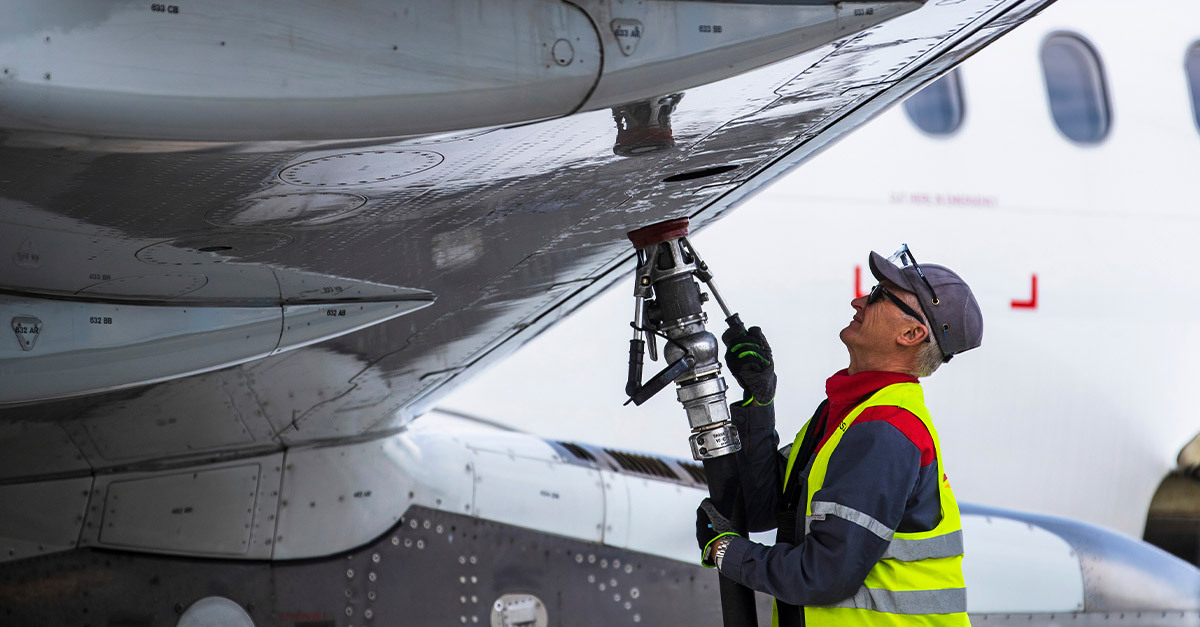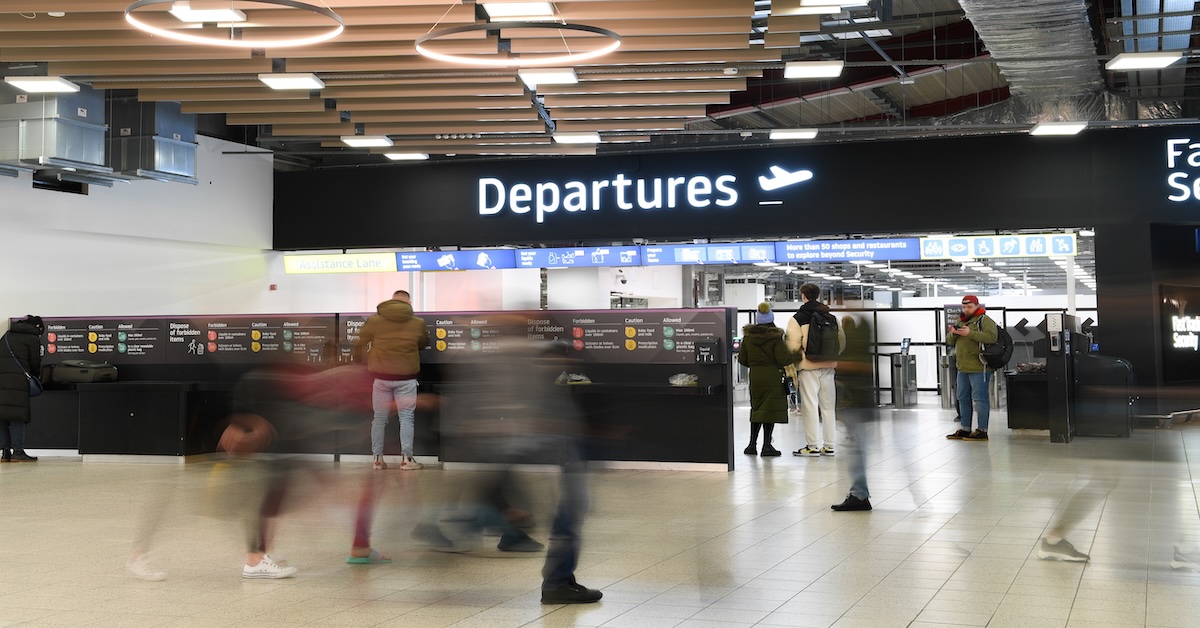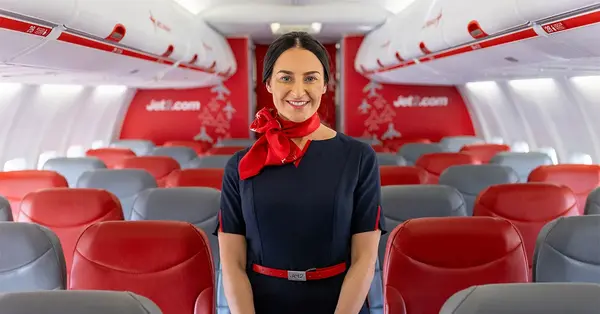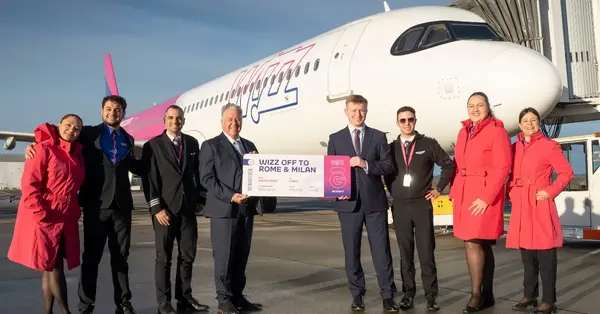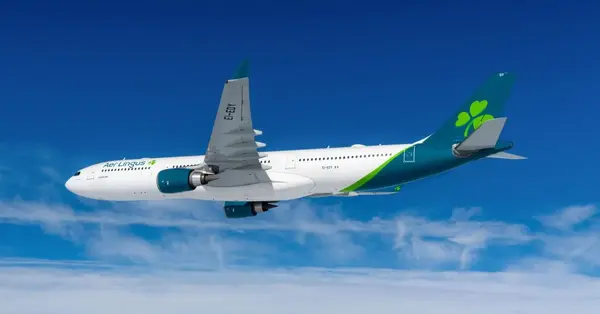Airlines face levy to guarantee sustainable aviation fuel price
A government consultation on the levy to fund a revenue certainty mechanism for sustainable aviation fuel (SAF) producers makes clear that costs running into tens of millions a year will be passed on to air passengers.
The Department for Transport (DfT) proposes a variable levy on suppliers in the consultation published this month, with the costs passed “through the supply chain and on to consumers”.
It notes the extent to which costs are passed on will depend on “consumers’ sensitivity to price changes” and the level of competition, suggesting: “It will be a commercial decision for aviation fuel suppliers whether they pass on some or all costs to airlines.”
However, it assumes they “will pass on 100%” of the cost, calculating this will lead to “a small impact on ticket prices”.
An indicative table of levy payments based on 2024 data suggests the costs will amount to more than £55 million a year for large fuel suppliers, £22 million for medium-size producers and £5.5 million for small producers.
The government proposes an additional amount to cover unforeseen costs and to mitigate the risk of under-collection, noting a need for cash reserves and mutualisation of the costs of supplier failures or defaults.
It estimates the costs of a large supplier failure in a single year at £21 million.
These costs will be on top of the price of SAF itself, which Iata reported was more than three times the cost of jet fuel last year, adding $1.6 billion to carriers’ fuel bills.
Iata estimates the cost of SAF in Europe this year at $1.2 billion, with an additional $1.7 billion in ‘compliance fees’, for which it blames the UK and EU’s SAF mandates suggesting these “have made SAF five times more costly than conventional jet fuel”.
Airlines must purchase one million tonnes of SAF to meet the requirements of the mandates this year.
Iata notes the cost of SAF in Europe has doubled since the mandates were introduced in January owing to “the compliance fees SAF producers or suppliers are charging” to cover their potential costs.
The UK and EU mandates require SAF to comprise 2% of fuel on all departing flights over the course of this year, rising to 6% in the EU and 10% in the UK by 2030.
High level of compliance critical
The DfT Levy Design Consultation sets out the arrangements for and potential impact of the levy to fund its SAF Revenue Certainty Mechanism, with supplier contributions based on market share and fuel volumes.
It proposes a ‘forecast levy rate’ to provide a guide on future costs and options for mitigating financial risks, administering the levy and enforcing compliance.
The government notes: “It is critical the design of the levy promotes a high level of compliance and responds to non-compliance effectively.”
It proposes “regular public reporting on the extent of non-compliance and actions taken in response” arguing this will act as “a reputational deterrent” but also advocates “a suite of enforcement measures”.
The secretary of state would have the power to impose fines of up to £100,000 or 10% of annual turnover on companies in breach of the levy requirements.
The consultation is due to close on January 8. The DfT said it expects to publish a response next year and is committed to passing “all necessary legislation” for the mechanism to be in place by the end of 2026.

